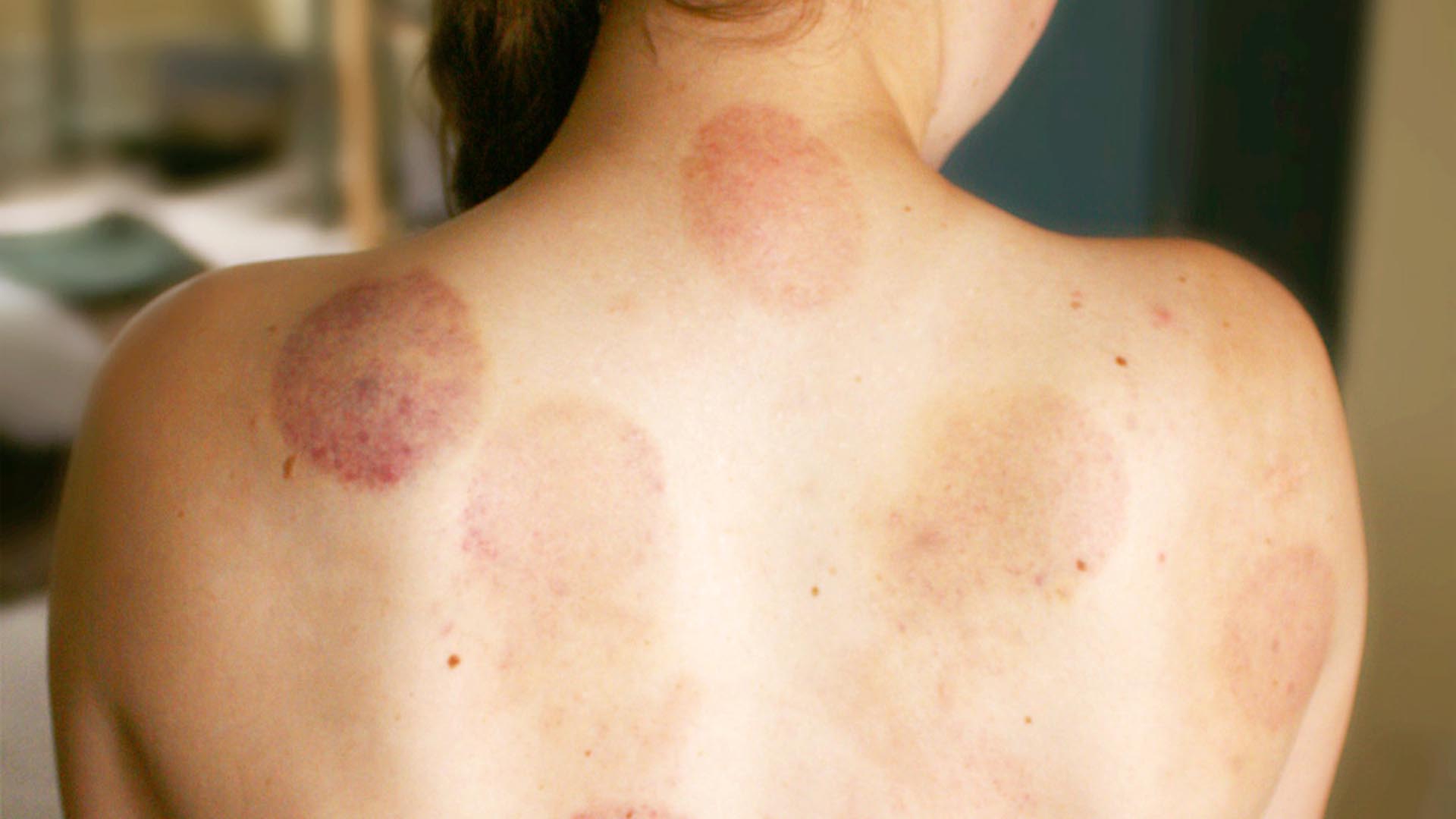Key elements in Chinese Medicine
Yin & Yang energy
“The root of life is Yin and Yang; that includes everything in the universe” -----The Yellow Emperor’s Classic of Medicine
The Yang Qi of the body is like the sun, living in a cold climate, people must take extra care with their activities to protect Yang.
“When cold invades through the shu points of the acupuncture meridians and continues to move through the circulation into the organs, it will manifest as fear, fright or start nightmares” ---- The Yellow Emperor’s Classic of Medicine
In Winter,
Cold temperatures (Yin) are more dominant than warmth (Yang)
The darkness of night (Yin) exceeds the daylight hours (Yang)
Tend to have energy reserves and an increased need for rest (Yin) rather than desire to be active (Yang)
‘During the winter months all things in nature wither, hide, return home, and enter a resting period, just as lakes and rivers freeze and snow falls.’ ---- The Yellow Emperor’s Classic of Medicine
Wellbeing suggestions--- Should refrain from overusing the Yang energy; go to bed early and get up with the sunrise; desires and mental activity keep quiet and subdued; stay warm, avoid the cold, and avoid too much sweating.
Five elements in Chinese Medicine
“The Universal Yin and Yang transform into the five earthly transformative energies, also known as the five elemental phases that consist of wood, fire, earth, metal and water”
In Chinese Medicine, the human organic system is divided into five organs, such as Liver, Heart, Spleen, Lung and Kidneys; which correspond to five elements (Wood, Fire, Earth, Metal and Water).
The Kidneys are considered sensitive in Winter in Chinese Medicine; we need to take care of Kidney systems better in winter.
We suggest to have kidney-nourishing foods in winter; such as food cooked slowly and warming properties, like stews, soups, casseroles and congee (rice porridge).
Also, the food from the following nourishes your kidneys (Yin and Yang)
Small quantities of animal-foods like lamb, beef, pork and some fish
Whole grains like brown rice, barley and millet
Nuts and seeds, including black sesame seeds and chestnuts
Root vegetables such as beetroot, sweet potato, parsnip and carrots
Legumes, including kidney beans, mung beans and adzuki beans
Warming herbs and spices like ginger, cinnamon and cloves; to tonify Kidney Yin, can take Gou Ji Berries
Black-coloured foods, like dates, wood-ear mushroom and eggplant are also traditionally considered supportive of the kidneys in Chinese Medicine
At the same time, try to reduce to take cold drinks and cold foods like ice cream, salads and raw vegetables, as they can damage Yang energy and promote coldness in the body.
Exercise
Holistic, gentle Qi regulating exercise in winter
Ba Duan jing exercise











